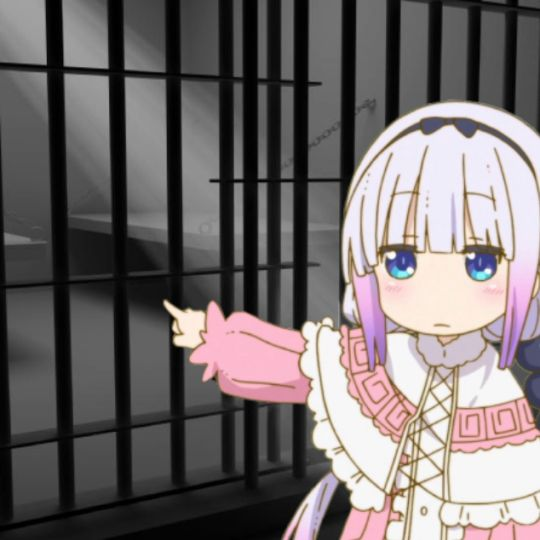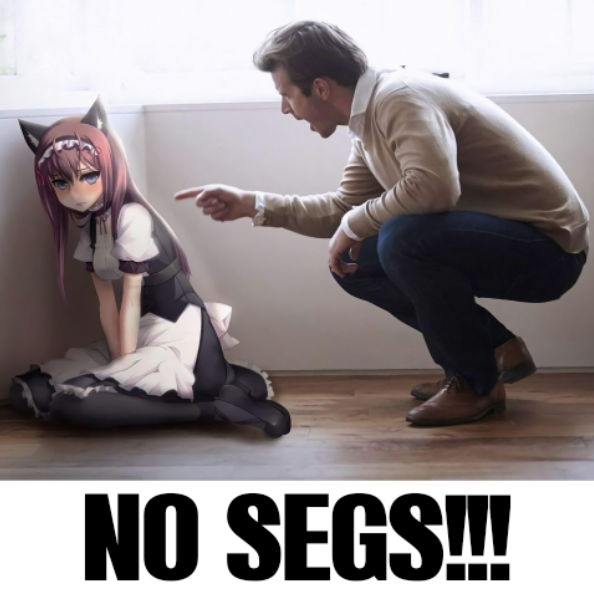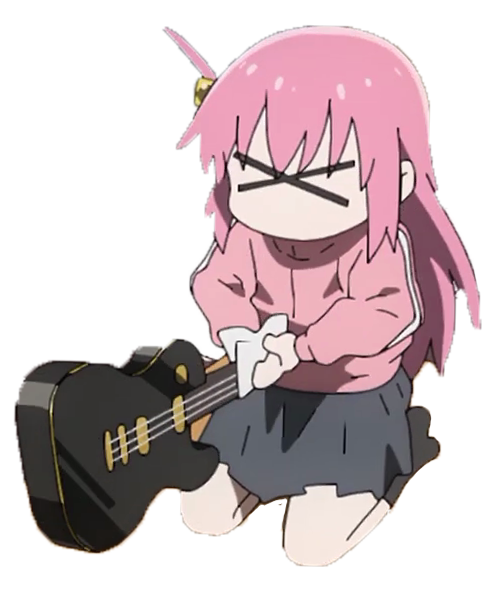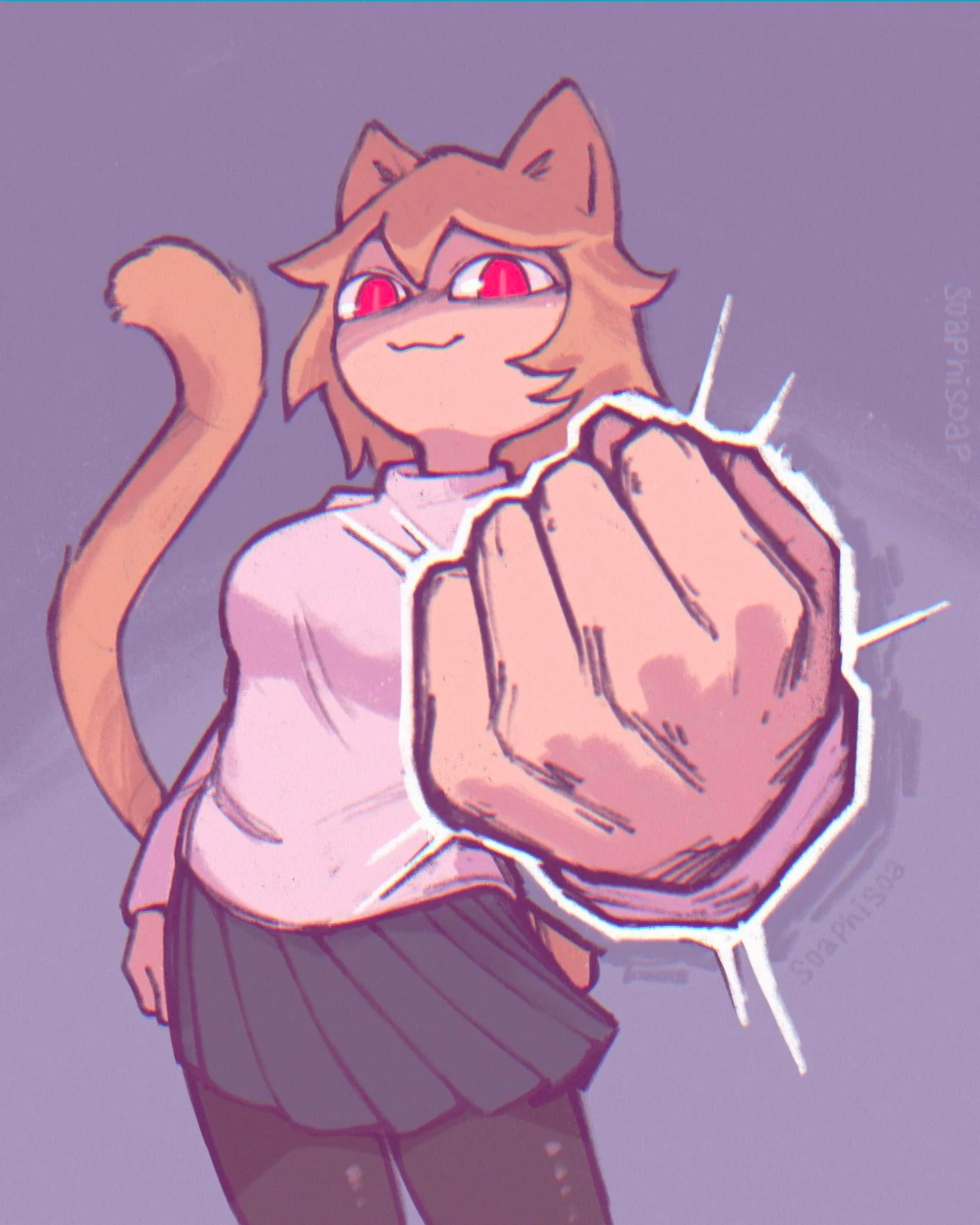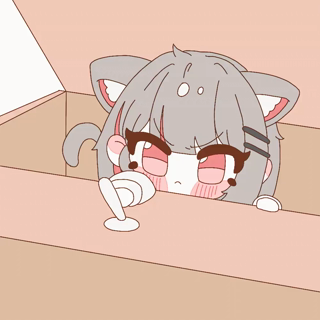Virgin Knight Who Is the Frontier Lord in the Gender Switched World - Chapter 211
- Home
- All
- Virgin Knight Who Is the Frontier Lord in the Gender Switched World
- Chapter 211 - The Pope Reflects
“Then, Cardinal Cologne, if you need anything, please call for the sisters. If you require anything, we will procure it for you. Perhaps reading the newspaper to see how the citizens have reacted to the start of the inquisition could be helpful.”
“I need nothing besides your words. At the tribunal of the inquisition, please reveal everything—what you feel, what you think, and why you took such actions—all of it.”
“Of course. Then—”
I guide Cardinal Cologne to the room.
It’s a simple space, devoid of surveillance and without guards to hinder escape.
Though the cardinal could leave whenever his heart desires, he won’t depart from this room until the inquisition begins.
I quickly exit the room, suppressing the urge to engage in further conversation.
Even as enemies, it is not the place for a cordial chat.
Everything should be discussed at the tribunal of the inquisition.
“…Nostalgic. So nostalgic.”
I murmur to myself.
The first time I met Cardinal Cologne was a long time ago.
Enough time for him to completely forget my face.
Back then, I was merely a member of a mendicant monastic order.
And he was not even a bishop yet.
Such fond memories from those times.
I wonder if I have become twisted compared to my youth.
There are many things I wish to do.
My order originated from a reflection on the corruption of established monasteries that had become feudal lords.
To remain pure and incorruptible, not allowing any room for compromise.
“Freely you have received; freely give.”
“Those with more than they need should sell their possessions and give to the poor.”
“Do not carry gold, silver, or copper in your belts, no bags for the journey, extra shirts or sandals, or a staff.”
“If you say you will follow the Redeemer, then forsake yourself and take up your cross.”
From these simple rules was born the Cologne Sect.
Similar to the mendicant orders, yet slightly different.
Their preachers also often recite the rule: “Freely you have received; freely give.”
This is also the faith of the superhuman knight, Faust von Polydoro.
Bearing old agricultural tools, used ostracons (potsherds), tattered books, and various seeds, traveling endlessly through centuries like the pages of a book, with two goats and a barrel of salt through undeveloped lands.
The missionaries of the Cologne Sect.
If anything has changed over the centuries, it’s that they now carry muskets.
Initially, they carried maces, so perhaps nothing has really changed after all.
Even now, somewhere in the eastern colonies like Anhalt or Villendorf, they must be cultivating fields themselves.
If a settlement becomes slightly wealthier, they gather what was given freely and then move on to donate freely elsewhere.
I envy them.
Sometimes, I wish I could live so freely.
There were many times I dreamt of being merely a missionary of the mendicant orders.
But I cannot.
I cannot because there must be something else for me to do.
From the moment I met Cardinal Cologne, I vowed to achieve a revolutionary religious reform.
“Nostalgic.”
My initial intentions have not changed.
What I want to accomplish, even as the Pope, is not about indulging in luxuries, wearing silk vestments, or donning a mitre (bishop’s crown).
It is to restore the true form of the thoroughly corrupted orthodoxy.
Ah, the mendicant orders were born into this world with such desires, yet not everything in the orthodox faith is rotten.
It was ever so incorruptible at the beginning.
They called the accumulation of money a vice and saw social advancement as a sin, burning saints who made such creations, even if it meant putting the Bible to the flames.
There was no room for compromise initially.
But it became dull.
Perhaps it is wrong to say this about faith, but at some point, the mendicant orders grew dull.
“If one accumulates wealth, then another must be poor. Therefore, I shall be poor.”
The teaching that transferring one’s wealth to another is meritorious slowly vanished.
The notion of exchanging the church’s precious silver candlesticks for gold to give to the poor became seen as foolish and pitiable.
With such actions, human desires were deemed irredeemable.
As silver candlesticks disappeared from the churches, no one was saved, leading only to emptiness, and everyone gave up.
People rejected faith, resigned that nothing could be achieved through orthodoxy, and began to view religion merely as a tool.
It is sad, so very sad.
Everything has become dull.
The saint who founded the mendicant orders aimed for something pure, but it has been tainted.
If the current orthodoxy were truly righteous, a monster like me should never have become Pope.
Bullets made of gold and arsenic-laced soup reacting with silverware, using every despicable means to become Pope.
The orthodoxy has degraded so much.
If there had been even one faithful among those who elect the Pope, I would have gladly given up my seat.
But there was none, and so I had to kill everyone to become the Pope.
Ah, if only someone from the Cologne Sect had been chosen.
But no, at that time, the Cologne Sect had probably fallen into decay.
Just like the mendicant orders.
“How sad it is.”
I muttered to myself, my voice echoing through the silence of my chamber.
“It is not that all have forgotten the true faith.”
But I must say it again—it has dulled. Even the Cologne Sect, it seems, will dull over time as it seeks to rise in status.
As compromises are learned and the organization grows, it layers compromise upon compromise, making faith accessible to everyone.
It becomes complex and organizational, corrupt, allowing compromises among the clergy.
Far from being succinct, incorruptible, and uncompromising.
“How sad,”
I whispered repeatedly.
Everything was sorrowful.
I lamented that there was only sadness.
“Fat pigs praying with their grotesque bodies would do better to take up a hoe and work the fields. Those incapable of even that should head to the slaughterhouse,”
One day, a mother in the faith shouted this aloud.
The orthodoxy was so rotten that even the Cologne Sect would say this.
I believe it is beyond self-repair.
Even if the mendicant orders were born.
Even if the Cologne Sect came into existence.
No matter the struggle, I had come to the sorrowful conclusion that it was impossible to restore the orthodoxy.
If restoration were possible, it would require external forces.
Not minor internal changes like those of the mendicant orders.
Not small factions like the Cologne Sect pointing out the ugliness.
But a revolutionary religious reform driven by significant external pressure!
A fierce struggle, all-consuming!
Scenes of bloodshed, mutual harm, and lives dedicated to faith.
Until something like Protestantism, a relative to orthodoxy, comes into existence.
Otherwise, the orthodoxy will never return to the right path, I’ve realized.
This desire is my true wish.
The orthodoxy needs reform!
Absolutely, desperately needs it!
But that’s not all.
I am greedy, wanting much more.
I want to know the true intentions of others.
I want to know the true wish of the Cologne Sect.
I have some guesses, but I cannot be certain until I hear the truth from the Cardinal’s own lips.
“The Bread Beyond Material,” the Cologne Sect’s goal.
They probably seek a method that transcends good and evil, fulfilling everyone’s hunger.
If evil acts stem from being cold, hungry, and unrecognized, then providing warmth, satisfaction, and acknowledgment should prevent sin.
Except perhaps for a minority of madmen.
Isn’t that the case?
Is such a method truly feasible?
If it exists—
Perhaps I am entirely wrong in my approach.
Maybe all my choices have been wrong, and perhaps it would be better that way.
If I am wrong, then I must correct it.
I should be killed by the Cologne Sect, by Lord Faust von Polydoro.
Such thoughts consume me.
“Ah,”
I sighed.
This torment will only last a little while longer.
I reached the guest room.
There was much more to think about.
But not now.
I must exhaust all my strategies and wisdom as a superhuman at this moment.
Now, I am to “sell” the Holy Empire.
Essentially, I have decided to “transfer” it.
Not to the young woman named Maxine who denies the divine right of kings.
Not to the young woman who constantly whines about her father dying of starvation.
But to someone from a greater perspective, from a larger country, with immense talent.
“May I come in?”
The knock sound.
A guard at the guest room door knocked on my behalf.
People dressed in foreign garb stood there.
There were people from Parsa, from Phaelon, and from a country unheard of in this Holy Empire called Kyuregen.
Not one of them was anything less than a superhuman.
“It’s alright, Your Holiness,”
A voice came from the room.
As if to apologize, the foreigners bowed and stepped away from the door.
I slowly turned the doorknob.
Before I could speak—
“How are the circumstances?”
Her voice was the first to break the silence.
Calm, as if harboring some hidden wisdom.
She wasn’t just a frail woman, but one said to command ten thousand cavalry on the battlefield, her tone unexpectedly gentle.
She whispered softly.
“Is your plan to transfer the Holy Gusten Empire to me progressing well, Your Holiness?”
“Of course.”
Ah, truly, she is kind.
Yet for the sake of fulfilling her plans, she could cruelly cut everything off if her mother ordered it.
I know her, and I have no doubt about that.
But also, I know she won’t betray our agreement.
I’ve secured enough guarantee that she won’t betray me.
So, I decided.
“Everything is proceeding exactly as per our agreement, Lady Seora.”
Like confiding in a close friend, I decided to tell her about the progress of our plan.
To Seora, the daughter of Toktoa Khan, who had boldly entered the capital of the Holy Empire.
I decided to tell her everything about the current situation.













